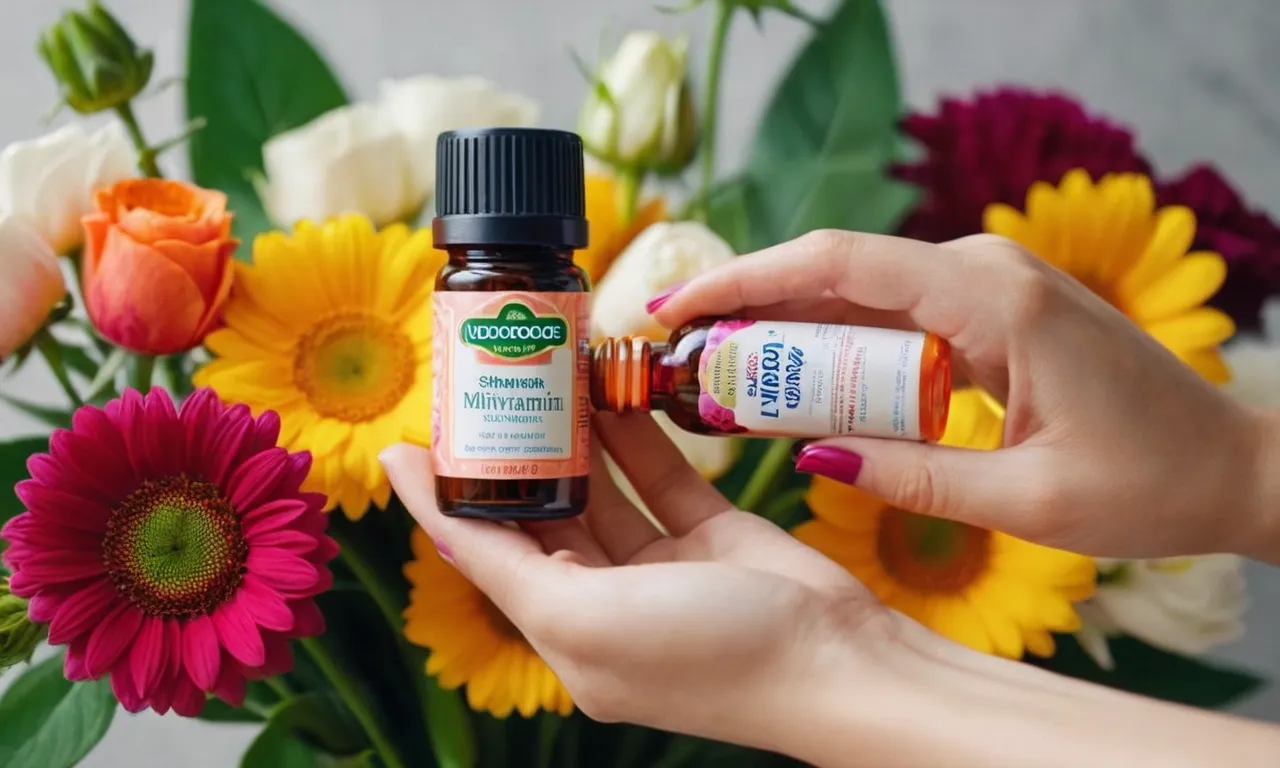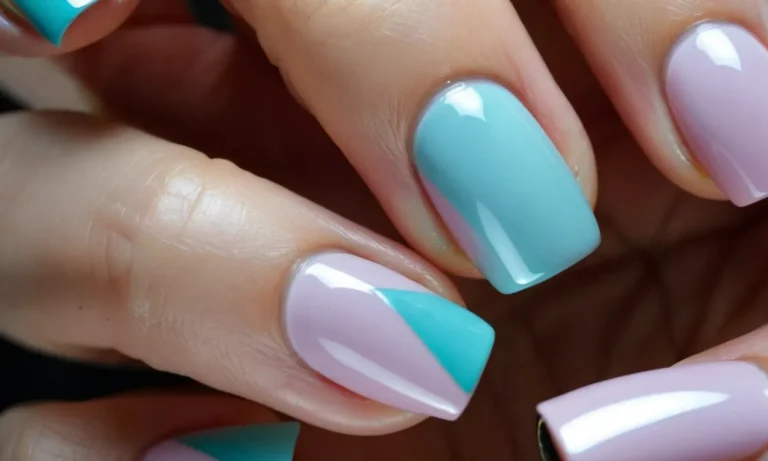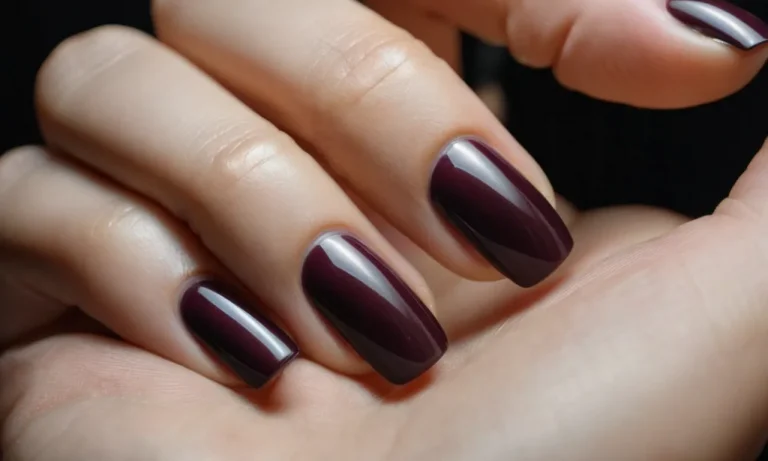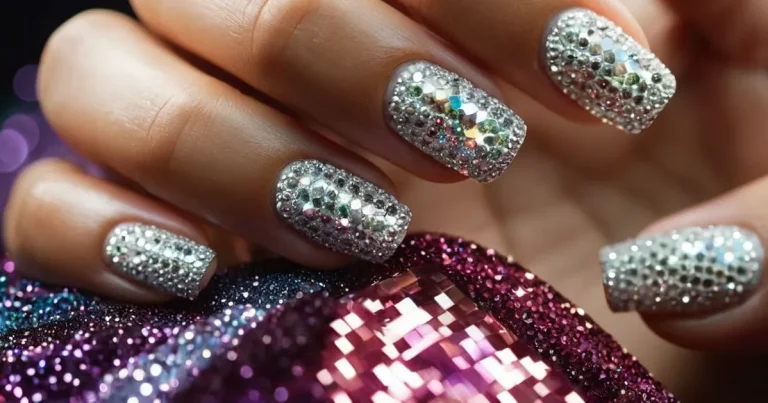Can I Take A Multivitamin And Hair, Skin And Nails Supplement Together?
If you’re looking to improve your overall health and appearance, you may be wondering if you can take a multivitamin and a hair, skin and nails supplement at the same time. The short answer is yes, you can safely take both types of supplements together.
However, there are a few things to consider to make sure you’re getting the maximum benefits without any risks.
In this comprehensive guide, we’ll discuss the key things to know about combining a multivitamin with a specialized hair, skin and nails supplement. We’ll cover the potential benefits, what to look out for, if there are any risks, and provide tips on how to take both supplements together safely and effectively.
Understanding Multivitamins and Hair, Skin & Nails Supplements
What’s in a standard multivitamin
A standard multivitamin contains a wide variety of essential vitamins and minerals that provide overall health benefits. Some key nutrients found in multivitamins include:
- Vitamin A – Important for eye health and immune function
- B vitamins – Help convert food into energy and maintain healthy skin and nerves
- Vitamin C – Boosts immunity and acts as an antioxidant
- Vitamin D – Essential for strong bones and muscles
- Vitamin E – A powerful antioxidant that supports healthy skin and eyes
- Calcium – Necessary for bone health
- Iron – Helps transport oxygen in the blood to cells
- Magnesium – Involved in over 300 enzyme reactions in the body
- Zinc – Supports immune function and wound healing
Some multivitamins may also contain added nutrients like omega-3 fatty acids, probiotics or herbal blends.
Key nutrients in hair, skin and nails supplements
Hair, skin and nails supplements contain a specialized blend of vitamins, minerals and other nutrients that benefit the hair, skin and nails. Some top nutrients include:
- Biotin – This B vitamin helps produce keratin which is critical for hair growth and strong nails. Lack of biotin can lead to brittle nails and hair loss.
- Vitamin C – Vitamin C is essential for collagen production that gives skin its elasticity and strength. It also acts as an antioxidant to combat skin damage.
- Vitamin E – This fat-soluble vitamin nourishes the scalp and protects against oxidative stress and UV damage to the skin.
- Zinc – Zinc deficiency can result in hair loss. This mineral regulates oil production in the skin and helps wounds heal properly.
- MSM – Methylsulfonylmethane provides sulfur to support hair growth and keratin production. It may also reduce wrinkles and smooth the skin.
Some formulas may also have silica for strengthening nails, probiotics to improve skin from the inside out, and marine based ingredients like fish collagen.
How they complement each other
Multivitamins and hair, skin and nails supplements work very well together to optimize health, appearance and wellbeing. Here’s how they can complement each other:
- Multivitamins provide a solid nutritional foundation whereas hair, skin and nail supplements offer targeted nutrition.
- Both provide antioxidant support from vitamins C, E and selenium to combat free radical damage.
- Multivitamins supply a range of B vitamins involved in energy production and cell growth which further support the specialized B vitamins for hair and skin in the targeted supplements.
- The zinc in both supplements helps boost immunity, enzymatic reactions, and tissue repair and growth.
- Combining the two covers more nutritional bases and allows for synergistic benefits.
- For example, the probiotics in a multivitamin can aid the absorption and bioavailability of nutrients for better results.
The different formulations work together to provide comprehensive nutritional support. However, it’s important not to overdo certain vitamins or minerals. For example, biotin dosage over 10,000 mcg per day is not recommended unless prescribed by a doctor.
The Potential Benefits of Taking Both
Getting a wider range of essential nutrients
Taking a multivitamin along with a specialized supplement like one for hair, skin, and nails allows you to get a broader spectrum of nutrients that your body needs. Multivitamins normally contain the basic vitamins and minerals that help support overall health and vital bodily functions.
Hair, skin, and nail supplements then provide extra doses of nutrients tied specifically to the health and growth of follicles, skin cells, and nail tissue like biotin, vitamin E, zinc and silica.
Multivitamins on their own simply cannot match the tailored formulation of a targeted supplement. But at the same time, specialized products may lack some of the basic nutrients provided in a general multivitamin.
Taking both helps you cover more nutritional ground by combining those core vitamins and minerals with ingredients directed specifically at beauty and outward appearance.
Maximizing benefits for hair, skin and nails
Certain nutrients like iron, B-complex vitamins, vitamin C and zinc are known to benefit hair, skin and nails when people have deficiencies in those areas. Both multivitamins and specialized supplements provide varying amounts of these nutrients.
Taking a hair, skin and nail product with higher concentrations of them, along with a multivitamin that delivers 100% DV across the board maximizes your intake for optimal results.
For example, vitamin C protects against photodamage of skin and helps stimulate collagen production for youthful looks. If your multivitamin contains 60mg vitamin C but your hair, skin and nail supplement has 100mg, taking both delivers the highest amount for robust support.
Supporting overall wellness
While promoting healthy hair growth, glowing skin and strong nails are the primary reasons people take supplements like Viviscal or Nutrafol, they can also provide general health benefits. For instance, amino acids like cysteine and methionine found in many formulations not only nourish hair follicles but also help produce antibodies and enzymes for immune function.
Combining these types of specialty supplements with a multivitamin gives you nutrient support for beauty purposes and overall wellness at the same time. Furthermore, ingredients like zinc, biotin and vitamin B5 influence both hair and skin health as well as key processes like cell metabolism, protein synthesis and hormone regulation.
Watching out for Overlap and Excessive Doses
Looking at nutrient amounts
When taking a multivitamin and a hair, skin, and nails supplement together, it’s important to review the nutrient amounts in each to make sure you are not getting too much of any vitamin or mineral. Many of these supplements contain similar ingredients like biotin, vitamin C, zinc, and vitamin E which support hair, skin, and nail health.
For example, the recommended daily intake for adults of biotin is about 30 micrograms. If your multivitamin contains 30 mcg of biotin already, and your hair, skin, and nails supplement contains an additional 2500 mcg, you may end up taking in too much biotin which can potentially cause negative side effects.
Watching out for overlap
Since multivitamins and specialized supplements like those for hair, skin, and nails often contain some of the same micronutrients, taking both types increases your chance of getting excessive amounts.
Going back to the biotin example, you can see how easy it might be to consume way more than the recommended amount if taking both a multi and a hair, skin, and nails supplement.
Other problem nutrients include vitamin A, vitamin C, zinc and selenium which may be contained in both types of supplements, so comparing labels is key. Getting too much of certain vitamins and minerals can cause issues like nausea, diarrhea, hair loss instead of hair growth, and even organ damage in extreme excess.
Considering absorption factors
It’s also important to consider absorption rates when taking a combination of supplements together. Many nutrients interact and can inhibit or enhance each other’s absorption. For example, high doses of zinc can interfere with copper absorption, and calcium can inhibit iron absorption when taken at the same time.
While a multivitamin likely contains a balanced profile of nutrients that work well together, adding high amounts of certain individual nutrients on top from specialized supplements may alter this balance.
Checking with a doctor, nutritionist or pharmacist can provide guidance on managing combinations of supplements for optimal absorption without overdoing it on any nutrients.
Are There Risks or Side Effects?
Generally safe when used properly
When taken as directed, multivitamins and hair, skin and nail supplements are generally considered safe for most healthy adults. Side effects or reactions are rare if the products are from reputable brands that adhere to good manufacturing practices and don’t exceed the Tolerable Upper Intake Levels (UL) for vitamins and minerals.
According to the NIH, high-quality multivitamins and supplements are an important nutritional safety net and can help fill gaps in nutrient intake when eating patterns or medical conditions cause deficiencies.
For healthy individuals eating a balanced diet, excess supplementation is unlikely to cause harm.
Who may need to exercise caution
Pregnant women, nursing mothers, and individuals taking medications should consult their doctor before taking any supplements, as high doses of certain nutrients can pose risks. People with certain medical conditions like liver or kidney disease may also need specialized guidance on appropriate supplement use.
Signs of excessive intake
Consuming extremely high doses of certain vitamins or minerals can cause side effects like nausea, vomiting, diarrhea, constipation, headaches, insomnia, and blurry vision. Using many different supplements together increases the risk of adverse reactions.
Seek medical guidance if experiencing concerning symptoms.
| Nutrient | Upper Limit | Potential Side Effects if Exceeded |
| Vitamin A | 10,000 IU | Liver problems, bone & joint pain, headaches |
| Vitamin B6 | 100 mg | Nerve damage, skin lesions |
| Vitamin C | 2,000 mg | Kidney stones, diarrhea, nausea |
| Iron | 45 mg | Stomach issues, dark stool |
The bottom line is that a basic multivitamin plus a hair, skin and nail supplement is generally safe when brands follow quality manufacturing standards. But specialized guidance may be needed for certain individuals, and consumers should be vigilant about excessive quantities of vitamins and minerals to avoid adverse reactions.
Tips for Taking Both Safely and Effectively
Choose quality supplements
When taking a multivitamin and hair, skin, and nails supplement together, it’s important to choose high-quality products. Look for reputable brands that contain effective formulas without unnecessary fillers. Verify the products have been tested for purity and potency.
Also, check that the dosages are within the recommended daily values and safe limits.
Take at different times
To optimize absorption, take your multivitamin and hair, skin, and nails supplement at different times of day. For example, take the multivitamin with breakfast and the hair supplement with dinner. Spreading them out allows each nutrient to be fully absorbed without competing for uptake.
Taking them hours apart can prevent potential interactions.
Get bloodwork periodically
It’s wise to get bloodwork done periodically, such as annually, when taking both supplements long-term. Blood tests can measure your vitamin and mineral levels to ensure you’re not getting too much of any nutrient.
If levels are high, your doctor may advise adjusting your dosages or discontinuing one supplement. Monitoring levels helps prevent toxicity and maintains balance.
Work with a healthcare provider
Consult your doctor before starting both supplements, especially if you have any medical conditions or take prescription medications. A healthcare provider can review all your supplements and medications to check for potentially harmful interactions.
They can also help determine safe dosages and provide oversight on your continued use. Working with a doctor provides expert guidance tailored to your health status.
Conclusion
In summary, taking a multivitamin along with a hair, skin and nails supplement can be safe and beneficial for many people. By being aware of potential overlap in ingredients, following dosage recommendations, choosing high-quality products, and getting periodic bloodwork, you can likely enjoy the upsides of both supplements together safely.
As always, consult with your healthcare provider, especially if you have any medical conditions or take medications.







